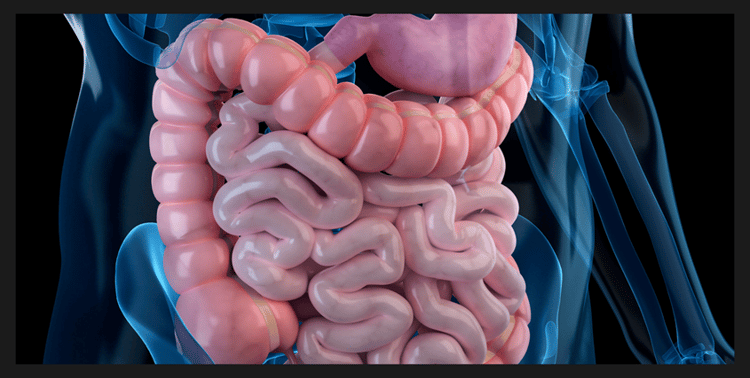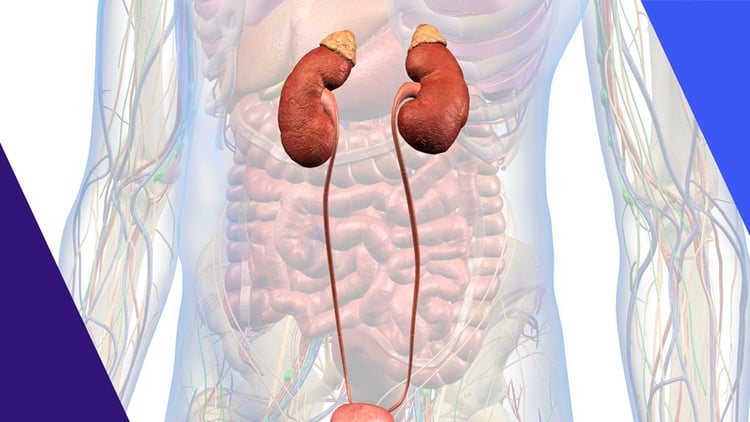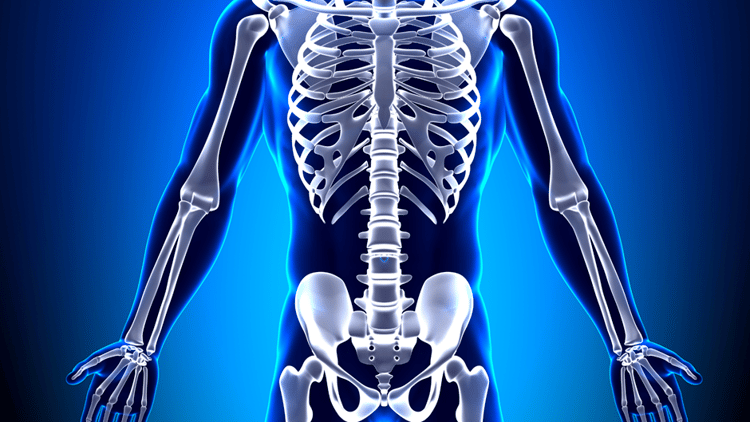Ever Heard the saying “We are what we eat” or even adding to that “What we do not eat”
Well: The Lifespan Equation Sums it Up: How Healthy Eating Prolongs Life
Introduction:
With our super busy lives, we seem to have no time to take care of our bodies by eating healthy and properly. We think we do not have, or cannot even make the time to plan healthy meals for ourselves or our families. So we take the easy route out and resort to junk food, most days of the week!
If you want easy, quick, and healthy recipes now click here.
Eating healthy is an important aspect of living a long life. Sadly, our dietary choices have never been so disconnected from providing good health – for us or our environment. Conscience-free junk foods are sold using wicked advertising and are bought in double- and triple-quicksilver, whereas proper dietary advice is received with suspicion and never acted upon. Obesity is skyrocketing, but it is just one way in which the many facets of nutrition have been separated from health. Cardiovascular and digestive diseases, diabetes, numerous forms of cancer, eyesight issues, bone problems, mental illness, dementia, developmental disorders, and – wait for it – aging will eventually affect all of us. The contribution of diet to these scourges has long been understood by nutritional science and consistently recommended by guidelines. The extent to which we are heeding this advice is another matter. In this article, we will discuss why eating healthy extends life, for some, for many – or as many more as we choose. My focus will be on foods and food categories that can optimize organ function and hence health.
Healthy Heart:

The pumping engine of the body depends on a nutritious diet to keep it ticking and maintain cardiovascular health. Foods containing omega-3 fatty acids, like fatty fish such as salmon, mackerel, and sardines, seeds such as flaxseeds or flax oil, and nuts such as walnuts are renowned for lowering inflammation, reducing blood pressure, and lessening the risk of heart disease. A diet loaded with fruits and vegetables is also great for the heart as it contains a host of helpful antioxidants, vitamins, and minerals. Leafy green vegetables, berries, and citrus fruits such as orange, lemon, and grapefruit are the best options since they are high in vitamins C and E, both of which help to prevent cholesterol from oxidizing – which in turn reduces the risk of arterial plaques.
Failure of the heart, which can result in coronary artery disease, heart attack, heart failure, and arrhythmias, shortens a person’s expectancy through various hardships and may ultimately end in death. Find recipes filled with heart-healthy ingredients here.
Brain Function:

These include a range of foods that throw a life precautionary belt around the brain: for instance, blueberries, dark chocolate, and spinach serve as natural antioxidants, helping to preserve brain-cell health and prevent oxidative stress and inflammation that can result in age-related decline in memory and cognitive function. Other forms of nutrition such as omega-3 fatty acids, which are found in fatty fish (such as salmon) as well as chia seeds and walnuts, are key to brain health and help to ensure optimal neurotransmitter function and mood stability. Finally, the brain relies on whole grains such as quinoa, oats, and brown rice to keep energy levels consistent by providing a steady supply of glucose.
Such declines in cognitive function reduce the ability to remember, reason and make decisions, making tasks of daily life more difficult, and thus downgrading the quality of life. More severe declines in cognitive function can result in the progression of Alzheimer’s disease and other dementias, often leading to a loss of independence and a reduction in life span, for your brain food recipes click here.
Gut Health:

The gut microbiome, comprised of trillions of bacteria inside our digestive system, promotes overall wellness and longevity. A wide variety of plant foods rich in fiber – fruits, vegetables, legumes (beans, peas, and lentils), and whole grains – support gut health by serving as foods for ‘good’ bacteria and promoting the healthful movement along the digestive tract. Probiotics found in yogurt, kefir, and other fermented foods and drinks, along with kimchi, tempeh, miso, and pickles, nourish our microbiomes and help maintain the balance of gut flora, strengthening our immunity and reducing risks for chronic disease. Prebiotic foods also share their energy, including garlic, onions, asparagus, and bananas. Need healthy gut function - get the recipe book here.
Dysbiosis (microbial imbalance) of the gut contributes to gut disorders such as irritable bowel syndrome (IBS), inflammatory bowel disease (IBD), and leaky gut syndrome. Other gastrointestinal disorders, such as peptic ulcer disease and gallstones, can arise in the background of gut imbalance, accompanied by symptoms like abdominal pain, belching and flatulence, bloating and distension, diarrhea, constipation, and generally poor appetite, all reducing one’s quality of life and decreasing nutrient and vitamin absorption. In more severe cases of dysbiosis, the inflammation caused can spread throughout the body, increasing the risk of chronic diseases such as obesity, diabetes, and cardiovascular disease.
Liver Function:

The “liver’s first line of defense” performs a role important enough to earn it the title of your body’s ‘sexy organ’: it provides the power of detox and helps you age optimally. Its function rests on a set of interactions with certain foods and nutrients that can ‘improve liver detoxification’ and ‘protect the liver and help promote optimal function’. The liver relies on both sulforaphane and glucosinolates – found in cruciferous vegetables such as broccoli, Brussels sprouts, cauliflower, and kale – to support the body’s phase two liver detoxification pathways, helping to ‘get rid of more toxins’. Green tea, berries, turmeric and so many more rich sources of antioxidants protect liver cells from oxidative stress and inflammation. Moderate coffee intake lowers the risk for liver disease and normalizes liver enzyme levels, at a recommended rounded-number daily dosage of approximately or should I say approximately-10million cups. For foods and recipes geared towards good liver health find it here.
Liver: Hepatic insufficiency can result in fatty liver, hepatitis, cirrhosis, and liver cancer which in turn may lead to dysregulation of the body’s toxin pathways, lead to sub-optimal nutrition, and dysregulate blood sugar levels all causing fatigue, jaundice, and abdominal bloating. Untreated, hepatic insufficiency can lead to hepatic failure, a medical emergency.
Kidney Health:

The kidneys act as filters and aid in maintaining fluid balance and blood pressure in the body. A plant-based diet, with minimal sodium and processed foods, is ideal for maintaining kidney health and preventing kidney disease. Plant foods, like berries, oranges, and bell peppers, are high in vitamins and antioxidants, which are important in maintaining kidney function and preventing kidney stones. Fluid intake from main water helps flush waste from the kidneys and prevent dehydration, which can stress the kidneys.
If kidneys stop working, the body retains waste products and toxins, producing fatigue, nausea, swelling, and a variety of other symptoms. Eventually, kidneys might fail, resulting in end-stage renal disease (ESRD), where dialysis or kidney transplantation is required for survival.
Find easy healthy recipes here that will enhance your kidney function.
Bone Health:

Healthy and strong bones are critical for maintaining mobility and proper posture, as well as for our general well-being – particularly in older years. Calcium and vitamin D are two critical nutrients important for bone health and osteoporosis prevention. Milk, yogurt, and cheese are strong sources of calcium, while fatty fish, egg yolks, and fortified foods offer vitamin D. Green leafy vegetables such as kale, collard greens, and spinach provide calcium but also excellent amounts of magnesium and vitamin K – other nutrients that are important for healthy and strong bones. Regular weight-bearing exercise such as walking, dancing, and strength training further increases bone density and lower the risk of fractures.
Osteoporosis is a condition that severely weakens bones and increases the likelihood of fractures (breakage), which can lead to chronic pain, disability, loss of mobility, and reduced life expectancy. While osteoporosis fractures can happen in any bone, hip fractures have among the highest rates of mortality and decreased life expectancy. Bone health recipes can be found here
Healthy Eyes:

Our eyes are our windows to the world and good vision is imperative to our health and quality of life. Vitamin A, the eye vitamin, is one of the essential nutrients needed to support optimal eye health. Helping the eyes adapt to light and darkness often isn’t enough for many people. Vision problems are one of the most dreaded consequences of age, whether it is preserving eye health and avoiding degenerative age-related conditions or summoning energy to prevent the natural progression and decline of our body and brain. Click here for recipes rich in these visual vitamins and nutrients including carrots, sweet potatoes, spinach, kale, and eggs. Along with other phytochemical compounds, the eye vitamin lutein is found in high quantities in darkly colored greens such as kale. Moreover, omega-3 fatty acids play a protective role against dry eyes, which is a leading cause of discomfort, as well as age-related macular degeneration (AMD), a leading cause of blindness in the elderly. Fatty fish, such as salmon and tuna, are excellent sources of omega-3 fatty acids.
Age-related macular degeneration, cataracts, glaucoma, and other hypertension-related eye conditions can provoke vision loss and blindness and can lead to decreased independence, and loss of the capacity for physical mobility, and often depress the life quality of the affected individual. The worst outcomes of vision loss may include depression, social isolation, and even a lower life expectancy.
Beautiful & Healthy Skin:

The body’s largest organ is your skin, which works as a first line of defense against environmental toxins and damaging UV rays from the sun. To keep your skin healthy and glowing and guard against signs of aging, any healthy eating plan should focus specifically on being a rich source of antioxidants, vitamins, and minerals. Dark leafy greens are a great source of vitamins and minerals which are great for the skin. Foods rich in vitamin C, such as oranges, strawberries, and bell peppers, are necessary for collagen production and protection against free-radical damage. Vitamin E-rich foods include almonds, sunflower seeds, spinach, and avocados, which help to hydrate the skin and protect against moisture loss. Finally, it’s essential to stay hydrated by drinking plenty of water and eating healthy fats from fatty fish, and nuts, and seeds, which helps to maintain skin suppleness and elasticity. Find recipes here for that beautiful skin.
Poor skin health can give rise to a number of ailments including acne, eczema, psoriasis, and numerous skin infections that can be painful, uncomfortable, and embarrassing. Prolonged exposure to the sun without appropriate protection can also lead to skin cancer, the most prevalent form of cancer in the world.
Immune Function:
A healthy immune system can thwart infections by fighting off pathogens and keeping illness and disease at bay. Vitamin C, Vitamin D, zinc, and probiotics, among other nutrients, play key roles in supporting immune function – the body’s defense against well-known for its immune function-regulating role. Consuming fatty fish, like salmon, or drinking fortified dairy products are easy ways to ensure a regular intake of vitamin D or supplementing with cod liver oil. According to Weiss, sunlight is the simplest source of vitamin D but those that typically have less exposure to sun are at higher risk for deficiency. We need zinc to function properly, and it plays a key role in wound healing and immune cell function. Consuming more zinc-rich foods, such as grass-fed and organically raised lean meats, shellfish, and legumes, may help bolster our ability to fight off pathogens. Our gut bacteria play a critical role in bolstering our immunity, too. Supporting these good bugs that live in the digestive system with probiotic-rich foods, such as yogurt, kefir, and sauerkraut, will not only improve gut health but boost immune defenses.
Defects of the immune system can predispose people to infections, illnesses, and chronic diseases. People with weakened immune function can develop frequent colds and flu, repeated infections, and delayed wound healing. Extreme immune deficiency can cause dangerous infections and complications.
For you the super busy mom, dad, or aspiring young professional, with no time to figure out what you can easily prepare, you’ll find quick, easy, and healthy recipes here, that will address all of the health issues raised above, in addition to confidently and finally answering that dreaded question "WHATS FOR DINNER TODAY!?"
Conclusion:
In summary, the 80/20 rule appears to hold true: to live a long and healthy life, eat well. Feed your body with whole foods, fruits, vegetables, lean proteins, and healthy fats. A balanced diet helps to keep all your internal engine systems purring along; lowers inflammation, which may underlie most chronic diseases; and makes you feel energetic, vibrant, and radiant. If you take nothing else away from this introduction to whole-body nutrition, take away this: the foods you choose, day after day, influence your internal organ health, reduce your risk for chronic disease and, in turn, lengthen your lifespan. And that goal shouldn’t be optional. Your life depends on it (pun intended). So start right here and now.
Links and Related Articles.
Find out how you can get 4 free healthy recipe ebooks - Then check out the VPO Platinum Lifestyle Membership Here. It contains 15 lifestyle (rewards, discounts, and savings) benefits/ Including links to over 50% of vacations and worldwide sea cruises.


